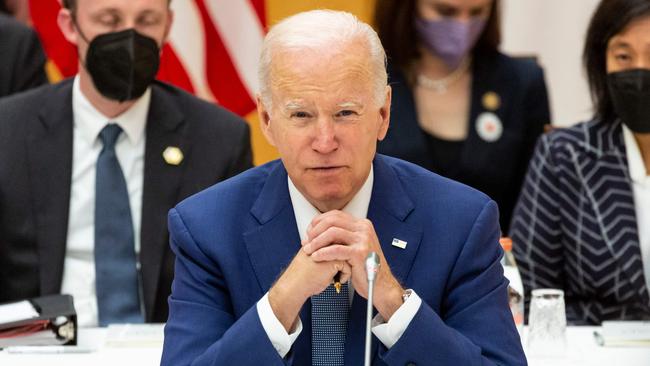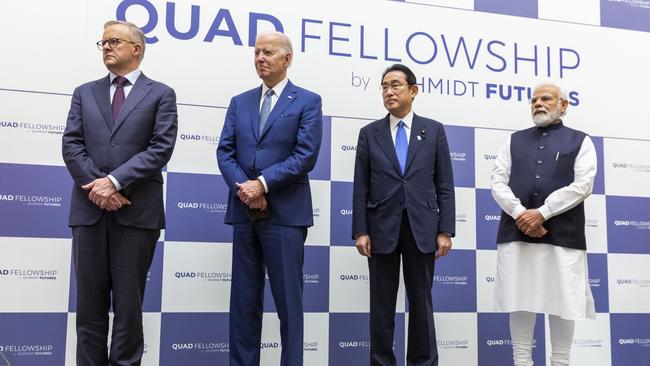US pivot to Asia is still elusive

Asia contains 60 per cent of the world’s population, its most dynamic economies and its fastest-growing military powers. But American leaders who have attempted to “rebalance” their global strategy have failed, foiled by domestic politics and international crises in traditional zones of US engagement from which they have tried to extricate themselves.
President Joe Biden is the latest incumbent of the White House who wants to do the right thing in Asia but finds himself deeply enmeshed elsewhere.
His tour of South Korea and Japan is a game attempt to persuade Asians that the US genuinely wants to get to know them better, despite the appearance of a president bogged down in dealing with Ukraine and Russia.

President Barack Obama was the first fully to articulate the “rebalance” strategy, and the goal of redeploying US naval assets and giving increased attention to the neglected governments of southeast Asia. Obama duly visited countries such as Indonesia, Vietnam and Myanmar to assure their people that there was an alternative to aligning with an increasingly confident and demanding China.
But the rest of the world was not going to be forgotten so easily. The rise of Islamic State, the war in Syria and the smouldering conflicts in Iraq and Afghanistan made their demands. Much of the administration’s diplomatic and political capital went into the nuclear deal with Iran.
Under president Donald Trump, strategic thinking was replaced by transactional diplomacy in which those leaders who personally pleased him won the most favour.
Obama’s most concrete achievement, a comprehensive free trade agreement called the Trans-Pacific Partnership, intended to unite Asian countries and exclude China, was thrown out by Trump in his first week in office.
Biden, Obama’s vice-president, intent on picking up where his former boss left off, recruited a strong Asia team, only to face a crisis greater than ever: a land war in Europe with the potential for escalation into the territory of NATO allies.
At this stage the only thing that would truly elevate Asia strategically would be a comparable crisis: a Chinese invasion of Taiwan.
The Times



Since China began to emerge as a military, as well as economic, giant in the early 21st century, the idea of an American “pivot to Asia” has seemed little more than common sense. After a 20th century focused on Europe, it seemed obvious that the time had come for the US to shift its diplomatic attention and military resources across the Pacific.